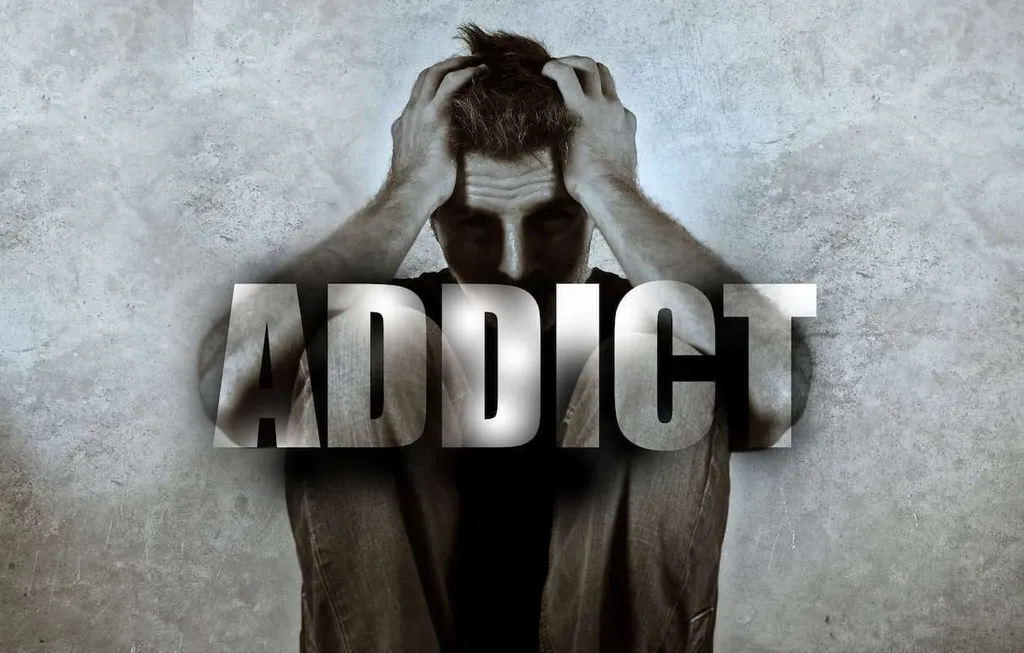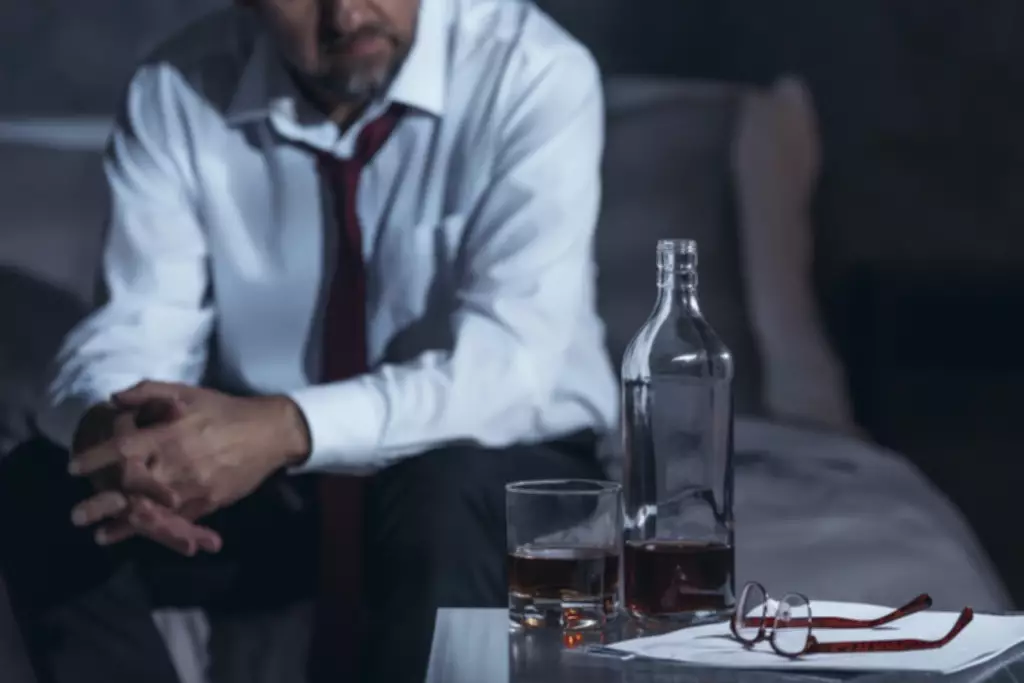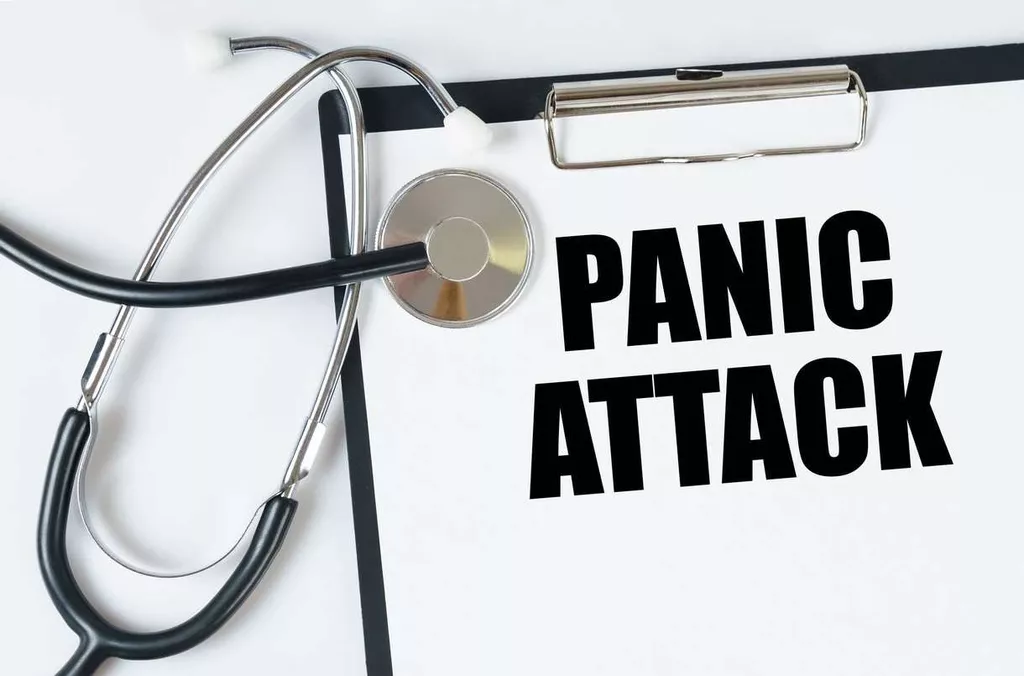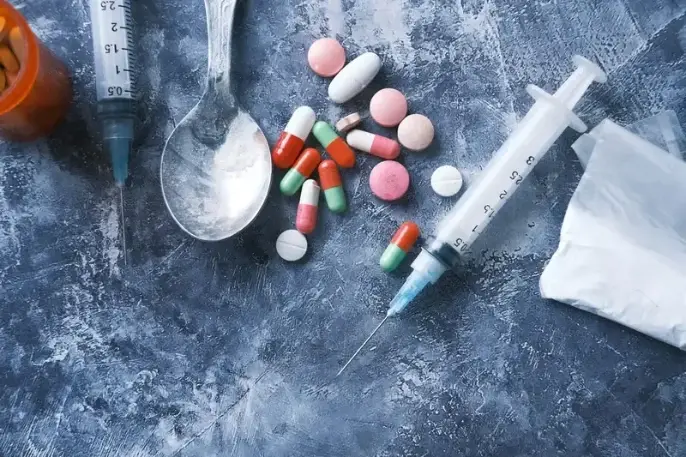
Relapse prevention relies heavily on structured models and educational tools that help individuals understand their recovery process and develop effective strategies. Notably, models like the Gorski-CENAPS and Marlatt’s focus on self-regulation, awareness of high-risk situations, and understanding the stages of relapse. To effectively identify these risks, individuals are encouraged to reflect on their personal history and patterns of use. Using tools like worksheets, they can list potential hazards and early warning signs that might lead to relapse.

Avoiding High-Risk Situations
These behaviors can make the individuals feel alienated and push them toward substance use. Warren is a Licensed Master Social Worker, who specializes in substance abuse and mental health treatment. Clinically, Warren has developed a therapeutic skillset that utilizes a strengths-based perspective, Twelve Step philosophies, Cognitive Behavioral Therapy and Motivational Interviewing. Proactively avoiding high-risk situations and staying away from reminders of past substance use is key to minimizing the risk of relapse due https://ecosoberhouse.com/ to exposure to substances. By being aware of your triggers and taking conscious actions to limit your exposure, you can stay on the path of recovery.
Learn to Recognize Your Personal Relapse Triggers at Discovery
Individuals develop new thoughts, feelings and behaviors while using substances. These may include shutting family off, denying issues or justifying substance use. Healthier practices need to replace these negative internal processes in order to help people succeed in their path to a substance-free life. Individuals who stay in addiction treatment for a longer period of time (90 days or more) are more likely to maintain their sobriety in the long run.
- Coping methods learned in therapy help people remain grounded and reduce the craving for the escapism of substance abuse.
- Avoidance strategies eliminate exposure to high-risk triggers, especially during early recovery.
- The potential for relapse is always there, but knowing the warning signs that could foreshadow a relapse can help to avoid it.
- At 12 South Recovery, our therapy programs include stress management training and holistic approaches like meditation that build resilience against this powerful trigger.
Other People
The period of addiction recovery that takes place after completing a treatment program requires the ability to identify addiction triggers and use healthy coping skills to deal with them. How you manage addiction triggers determines the effectiveness of relapse prevention. Understanding personal relapse triggers is essential for lasting recovery. Research shows that those who identify and manage their specific triggers can reduce their relapse risk by up to 75%. This knowledge transforms recovery from a struggle against cravings into a strategic process of avoiding high-risk situations.
- Connection is the opposite of addiction, and supportive networks provide accountability, encouragement, and understanding.
- It hinges on the fact that most cravings are short-lived—10 to 15 minutes—and it’s possible to ride them out rather than capitulate.
- Talk to a counselor, supportive friend or your sponsor to help remind you why you’ve chosen recovery.
Create an Action Plan
Effective management of mental health is vital in reducing relapse risk. Engaging in mindfulness practices, regular therapy sessions, and maintaining communication with support networks strengthen coping mechanisms. Individuals should strive to be proactive in their mental health care, recognizing that neglecting these aspects can lead to a dangerous spiral back into substance use. For many people, recovery is a lifelong battle and recovery process that never truly ends. Regularly reviewing and updating this written plan ensures it remains relevant and effective. We publish material that is researched, cited, edited and reviewed by licensed medical professionals.


Deep reflection, honesty, and cooperation with a counselor can produce a what is Oxford House detailed plan to navigate through the people, places, and things that can derail your hard-won sobriety. By Geralyn Dexter, PhD, LMHCDexter has a doctorate in psychology and is a licensed mental health counselor with a focus on suicidal ideation, self-harm, and mood disorders. Research shows that social support indicates long-term success, while peer pressure and unsupportive relationships can lead to relapse.
- In this section, we uncover the common triggers that increase the risk of relapse, ranging from high-risk situations to emotional distress, social pressure, negative life events, and environmental cues.
- A long-term, severe relapse might require residential treatment, while people with prior experience in a treatment program may do well with outpatient therapy.
- Relapse risk increases dramatically when physical or mental resources are depleted through overwork, insufficient sleep, poor nutrition, or excessive obligations.
- Celebrations, achievements, and feelings of happiness can create a dangerous sense that “just one” drink or drug use is deserved or can be controlled.
- Seek support through individual therapy, group therapy, or support groups such as AA, NA, or SMART Recovery.

If you are facing chronic pain, reach out to your recovery center, if you haven’t already. They may be able to connect you to healthcare services that help people address chronic issues in ways that are safe. For those seeking addiction treatment for themselves or a loved one, our calls are confidential and relapse triggers list are available for 24/7 help. However, the danger comes in when you fail to recall the pain points and suffering caused by your addiction.
- This might include seeking professional help, such as therapy or counseling, to better understand and manage these emotions.
- Explore types of holistic health practices, from acupuncture to plant-based nutrition, for complete wellness.
- Addiction relapses are similar in that the individual needs to seek treatment to get back on track.
- During therapy for people experiencing emotional relapse, patients are encouraged to identify their denial and focus on self-care.

By recognizing these situations, individuals can develop personalized strategies and coping mechanisms to manage or avoid these triggers altogether. We will also outline some of the common warning signs of alcohol relapse as well as what to do when an alcoholic relapses. Learning what one’s triggers are and acquiring an array of techniques for dealing with them should be essential components of any recovery program. Creating a personalized plan tailored to your specific triggers and warning signs can significantly reduce the risk of full relapse. Regular check-ins with your support network ensure you stay aware of your emotional state and maintain your commitment to sobriety. Addiction recovery does not take place in a vacuum, but in the midst of complicated relationships, temptations, and sometimesco-occurring mental illnesses.
